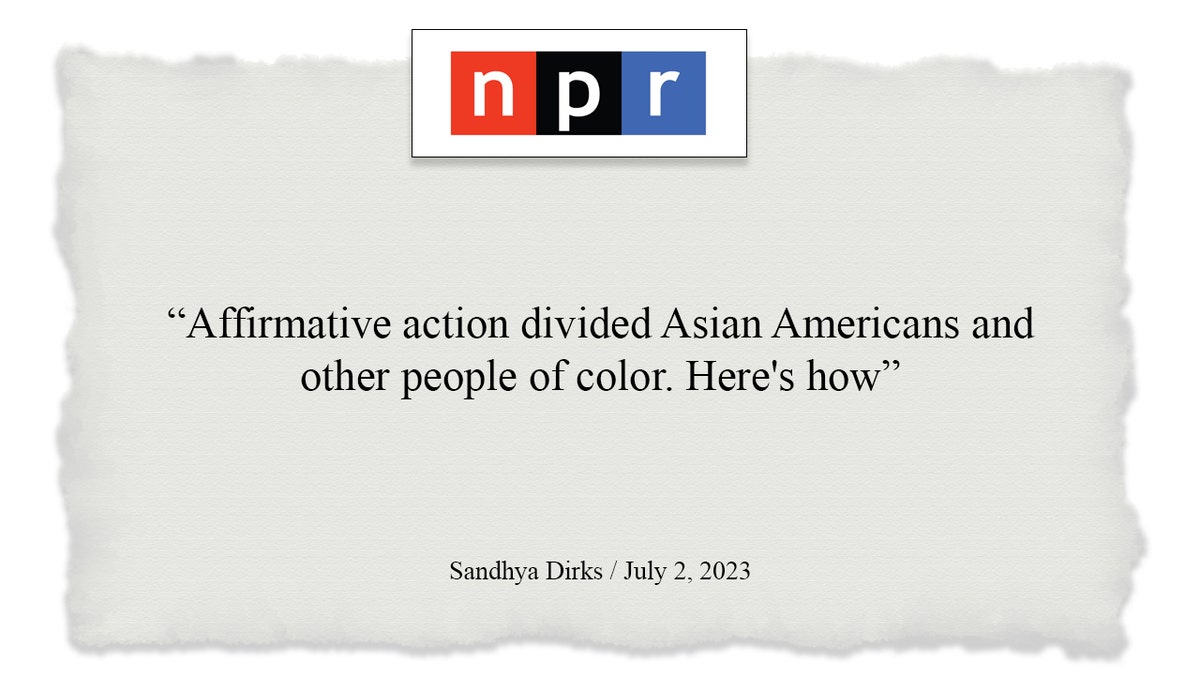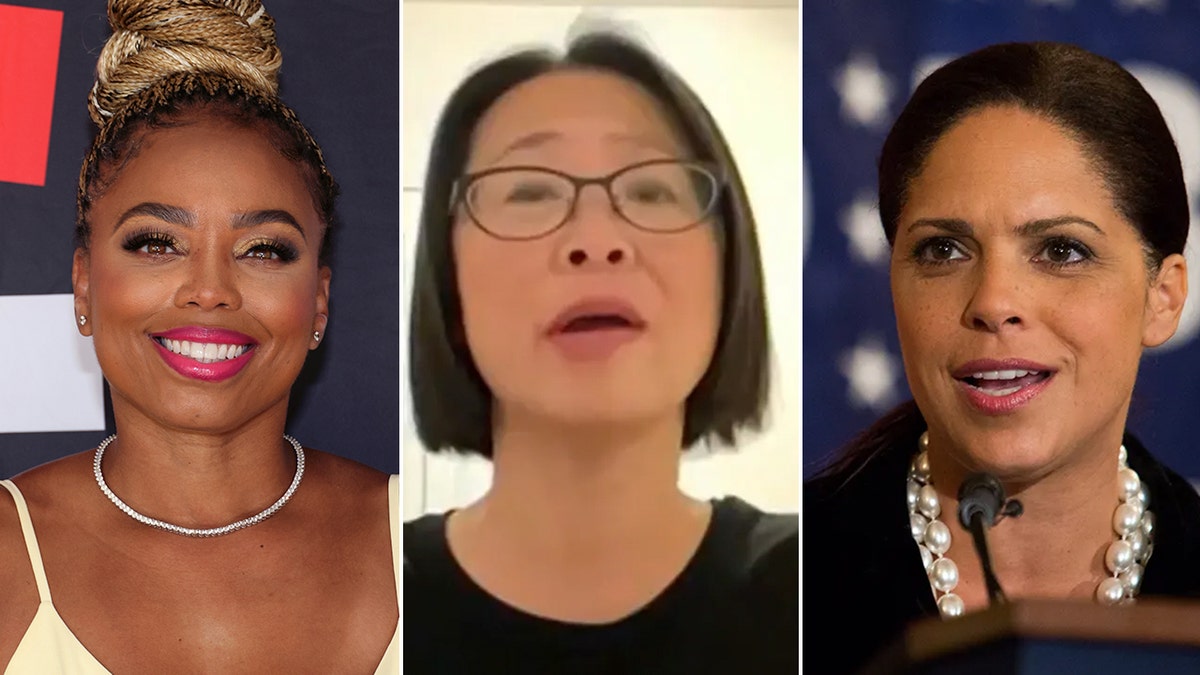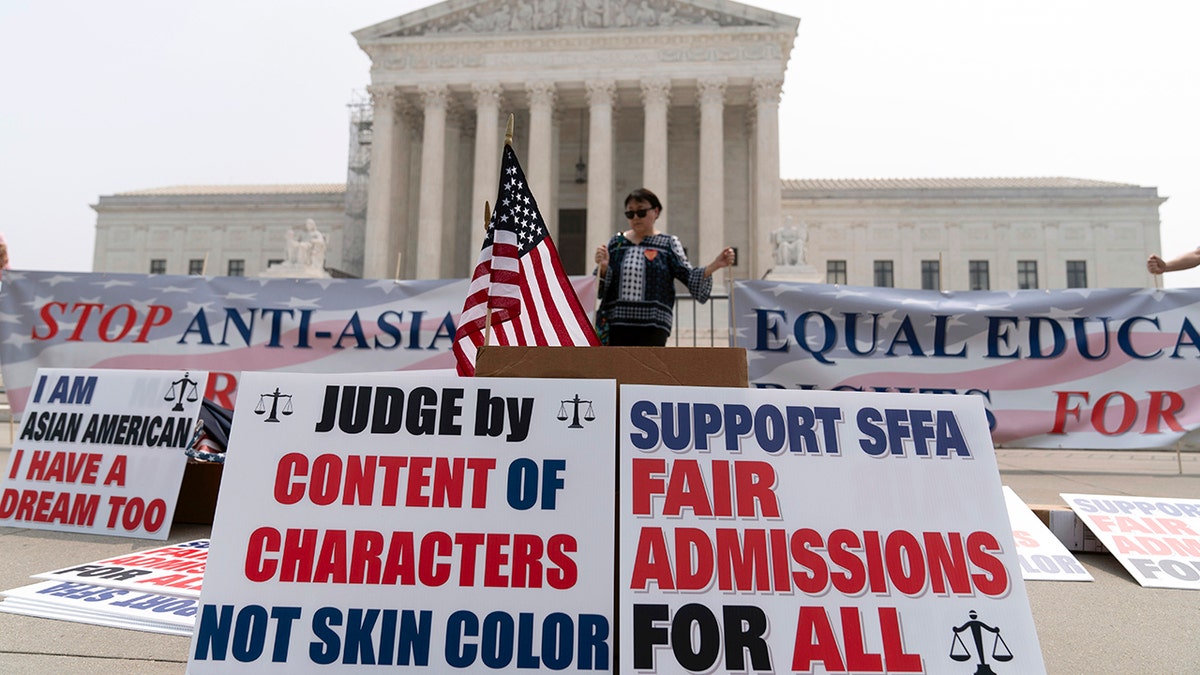The Supreme Court's recent decision to end affirmative action in college admissions has ignited a firestorm of controversy, drawing sharp criticism from media figures and sparking accusations of racism against Asian Americans who supported the ruling.
Edward Blum, president of Students for Fair Admissions, the organization behind the successful lawsuits, emphasized the importance of protecting individual rights regardless of race, pushing back against the notion that Asians are now considered "white adjacent."
Several prominent media personalities attacked Asian Americans celebrating the decision. Former CNN host Soledad O'Brien and The Atlantic's Jemele Hill accused Yiatin Chu, president of the Asian Wave Alliance, of harming other minority groups and supporting white supremacy.
An NPR article further fueled the controversy by portraying Asians as pawns in a white conservative strategy to dismantle affirmative action, echoing claims that Asians represent a "model minority" masking white privilege.

Other media outlets, including NBC News, also highlighted the views of left-leaning Asian American groups who criticized the plaintiffs as tools of white supremacist agendas.
Kenny Xu, president of Color Us United and a board member of Students for Fair Admissions, defended the ruling and criticized the left for its focus on race. He argued that their worldview requires explaining Asian American success by associating it with white supremacy.
Blum rejected the ACLU's characterization of his work as attacking civil rights, asserting his commitment to the original principles of the movement and the belief that race should not be a factor in various aspects of life.

He highlighted his connection with Harrison Chen, a Chinese immigrant whose rejection from Harvard despite strong credentials inspired Blum's involvement in the case.
Xu acknowledged the significance of Asian American plaintiffs in the case and emphasized the need for a merit-based system in an increasingly diverse society.
The Harvard case centered on whether the university violated Title VI of the Civil Rights Act by discriminating against Asian Americans, while the UNC case focused on the school's resistance to race-neutral alternatives.
Polling data indicates that a majority of Americans support the Supreme Court's decision, with an ABC News/Ipsos survey showing 52% approval.

Chief Justice John Roberts' majority opinion emphasized the importance of considering individual experiences rather than race in admissions decisions.
The ruling has prompted a broader debate about diversity in higher education and the role of race in admissions policies.








